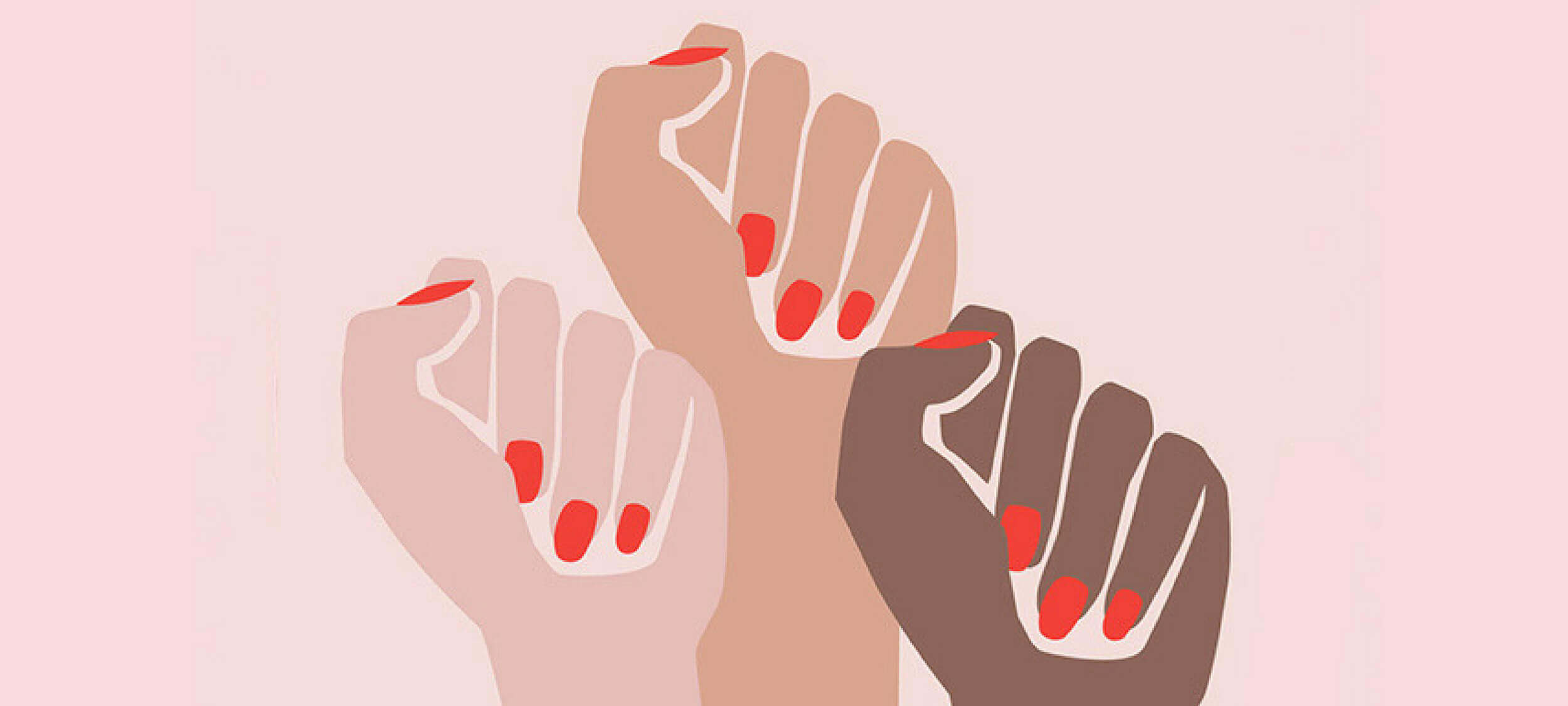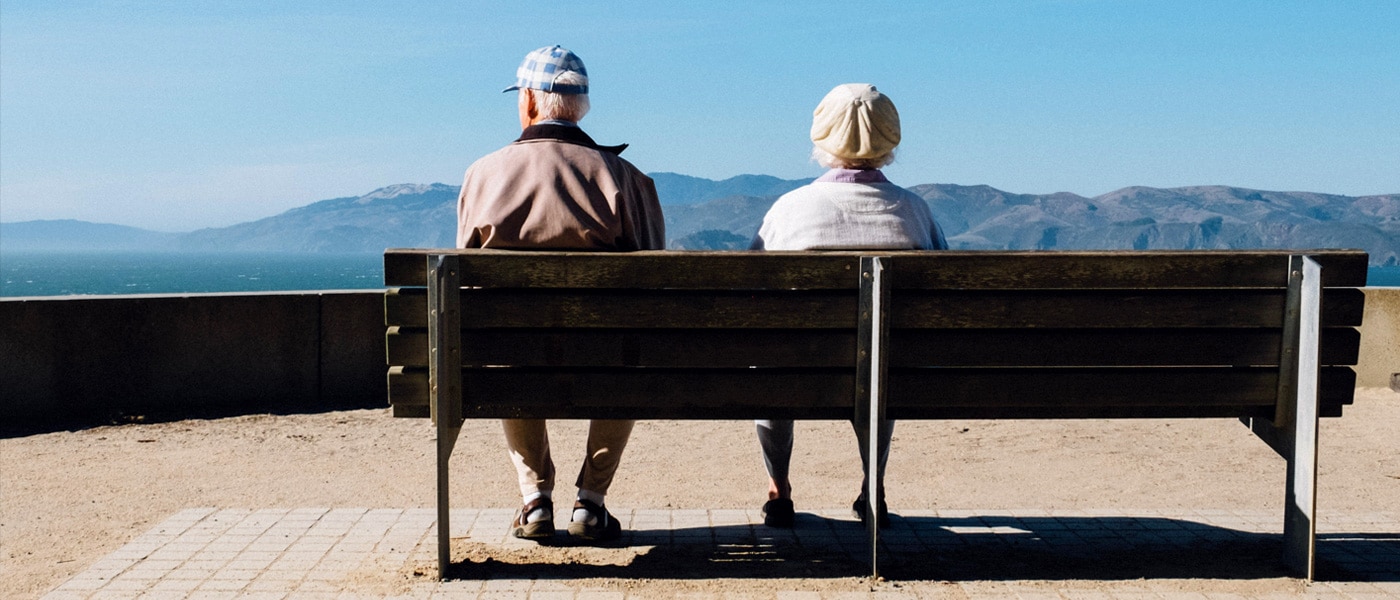
Conscience describes two things – what a person believes is right and how a person decides what is right. More than just ‘gut instinct’, our conscience is a ‘moral muscle’.
By informing us of our values and principles, it becomes the standard we use to judge whether or not our actions are ethical.
We can call these two roles ethical awareness and ethical decision making.
Ethical Awareness
This is our ability to recognise ethical values and principles.
The medieval philosopher Thomas Aquinas believed our conscience emerged from synderesis: the ‘spark of conscience’. He literally meant the human mind’s ability to understand the world in moral terms. Conscience was the process by which a person brought the principles of synderesis into a practical situation through our decisions.
Ethical Decision Making
This is our ability to make practical decisions informed by ethical values and principles.
In his writings, Aristotle described phronesis: the goodness of practical reason. This was the ability to evaluate a situation clearly so we would know how to act virtuously under the circumstances.
A conscience which is both well formed (shaped by education and experience) and well informed (aware of facts, evidence and so on) enables us to know ourselves and our world and act accordingly.
Seeing conscience in this way is important because it teaches us ethics is not innate. By continuously working to understand our surroundings, we strengthen our moral muscle.
Conscientious Objection
In politics, much of the debate around conscience concerns the “right to conscientious objection”.
- Should pro-life doctors be required to perform abortions or refer patients to doctors who will?
- Must priests break the confessional seal and report sex offenders who confess to them?
- Can pacifists be excused from conscription because of their opposition to war?
For a long time, Western nations, informed by the Catholic intellectual tradition, believed in the “primacy of conscience” – the idea that a person should never be forced to do something they believe is against their most deeply held values and principles.
In recent times, particularly in medicine, this has come to be questioned. Australian bioethicist Julian Savulescu believes doctors working in the public system should be banned from objecting to procedures because it compromises patient care.
This debate sees a clash between two worldviews – one where people’s foremost responsibility is to their own personal beliefs about what is good and right and another where this duty is balanced against the needs of the common good.
Philosopher Michael Walzer believes there are situations where you have a duty to “get your hands dirty” – even if the price is your own sense of goodness. In response, Aristotle might have said, “no person wishes to possess the world if they must first become someone else”. That is, we can’t change who we are or what we believe in for any price.
Recommended viewing
Ethics in your inbox.
Get the latest inspiration, intelligence, events & more.
By signing up you agree to our privacy policy
You might be interested in…
Opinion + Analysis
Relationships, Society + Culture
Based on a true story: The ethics of making art about real-life others
Opinion + Analysis
Politics + Human Rights, Relationships
Want #MeToo to serve justice? Use it responsibly.
Opinion + Analysis
Health + Wellbeing, Politics + Human Rights, Relationships
People with dementia need to be heard – not bound and drugged
Opinion + Analysis
Relationships




